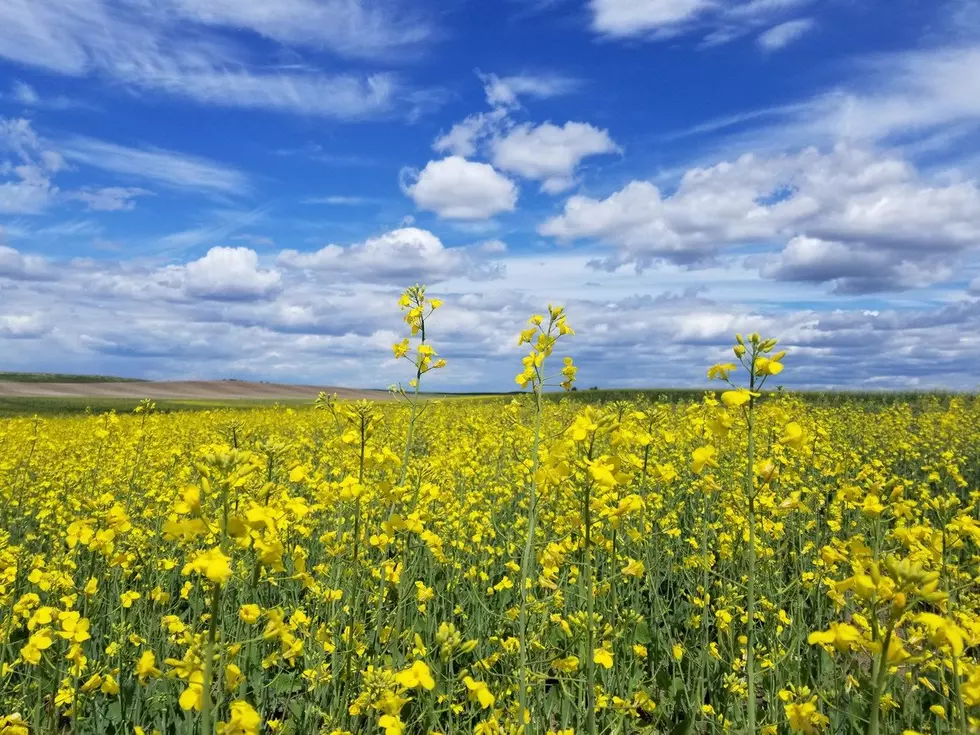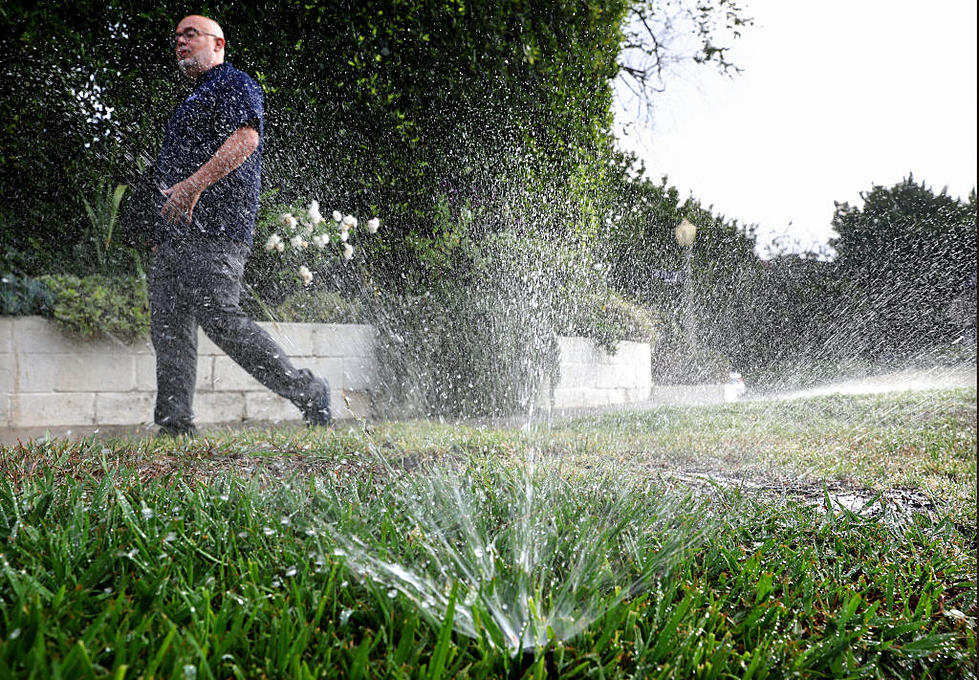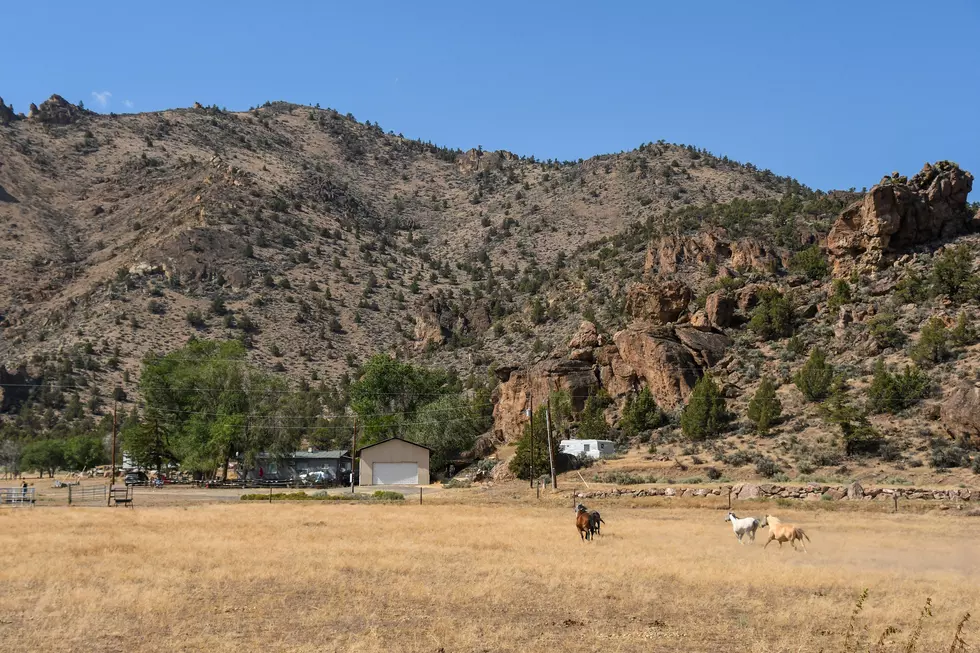
CME Launches First Ever Water Futures
On September 17th, CME Group and Nasdaq announced plans to launch the first-ever water futures contract based on the Nasdaq Veles California Water Index. Farmers and ranchers know the importance of keeping an eye on grain and livestock futures markets. And, water scarcity is one of the biggest challenges we face in the 21st century. And It’s an essential resource for agriculture, which is the largest user of water globally, accounting for 70% of all freshwater withdrawals.
Now, Tim McCourt, CME Group’s Global Head of Equity Index and Alternative Investment Products, said water futures provides agriculture another risk management tool.
“Spot markets for transacting water rights have grown rapidly. And today, California is among one of the most active and dynamic water markets in the U.S., and has $1.1 billion trade in water market activity in 2019. But despite all of that, there’s no currently regulated, exchange-traded risk tool that’s available. And that’s what at CME Group, that we look to do.”
Like other financially settled commodity futures contracts, the water futures contract will be cash-settled against the Nasdaq Veles California Water Index, which tracks the spot price of water rights based on actual transactions across the state of California.
“Like other contracts, you’re only going to move the U.S. dollar equivalent of the price movement of the index. There’s no actual physical deliver of water. And then, starting on December 7, pending regulatory review by the CFTC, the contract will be available for trading. So, we believe we are going to have a futures term structure developed that’s going to be immensely informative in terms of helping people decide how to better consume or manage their water consumption, as well as actually hedge their price-related risk to water, and I’m very excited to see how this contract does later this year.”
Patrick Wolf, Senior Manager for Nasdaq Global Indexes, said the index is a rules-based methodology and provides a new price every Wednesday morning based on the previous week’s trades.
“That price is meant to reflect the entitlement transactional activity going on in five of the geographies that we think are best representative of the state in terms of their depth and breadth of participation in those markets. And so those are the surface water market, as well as then four of the adjudicated groundwater basins. And so, within those representative markets, we look at the transactions that we consider to be arms lengths attempt at determining fair value. And then, we take those and aggregate them on a volume-weighted average basis to reflect a spot price for water, so a 12-month spot price lease.”
The index is valued in U.S. dollars per acre foot, which is equivalent to the volume of water required to cover one acre of land to a depth of one foot –roughly 326,000 gallons of water. Keeping in mind supply and demand is the primary driver of market activity, Wolf explains the activity of the index in 2020.
“When conditions are dryer in the state, there’s going to be a lower supply of water. And, in fact February 2020, as measured by the Palmer Drought Severity index, was the lowers in over 100 years. And so as that base case of supply sat in at low level the market was responding accordingly. And so, what we saw was that this year the index year to date is up roughly 100 percent. The index began at roughly $249 an acre-foot at the start of the calendar year and by mid-June it had moved to over $700 an acre-foot. Since that high in mid-June, we’ve seen the value of the index fallback to about $489 an acre-foot, but still certainly a relatively elevated place than where we were at the start of the calendar year.”
The contract is intended to be used primarily by hedgers, like ag producers and agribusinesses along with municipalities, public water agencies, diversified utility companies and other users of California’s spot water markets.
“We believe that water markets give farmers and hedgers the flexibilities and tools they need to manage risks related to water,” McCourt added.
Click Here for more information about CME's effort.
If you have a story idea for the PNW Ag Network, call (509) 547-1618, or e-mail gvaagen@cherrycreekmedia.com
More From PNW Ag Network









